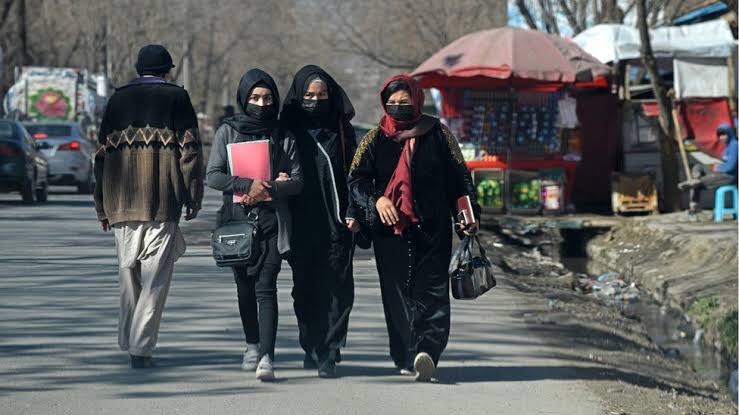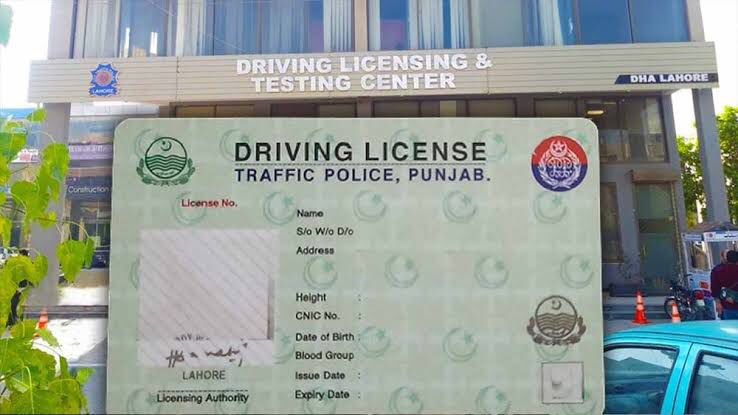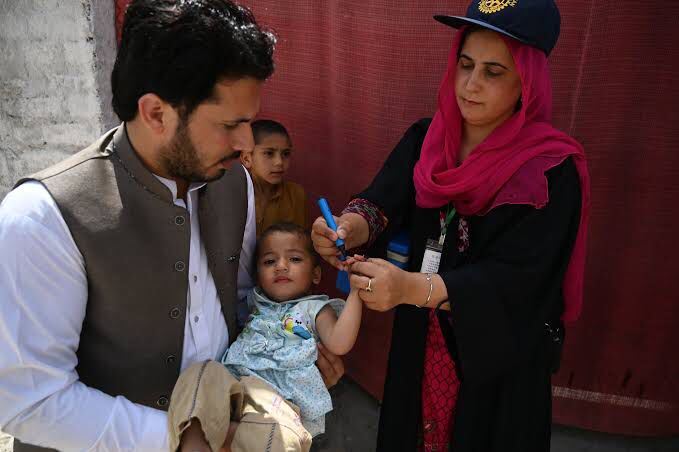Taking what we’ve learned from this remarkable year into account, we may set life-changing goals to live better lives as balanced and mindful Muslims.
Here are some New Year’s Resolutions for Muslims that we can implement in our life.
Elevate your prayers
When the five daily prayers become a part of our daily habits, they can become monotonous and robotic activities. For example, by altering the typical Suras (Chapters) we read or the Duas (Supplications) we recite after prayer, we may become more present and attentive to what we are saying during our prayers.
Start Quran Journalling
Islam is all about education and learning. Muslims should strive to comprehend God’s messages and connect with the Quran.
Practice Gratitude
Don’t leave your daily prayers without spending at least 2 to 5 minutes grounding yourself in Sujood (prostration) and reflecting on all the small things for which you are grateful, such as good health, family, and friends.
Give more charity
All Muslims are expected to provide charity (zakat). Find a charity that is near to your heart and establish a monetary goal for yourself.
Surround yourself with positivity
Take some time to consider the individuals in your life; are any of them bringing you down or filling your life with negativity? Surround yourself with people who care about your success, who make you laugh, and who care about you. Test it out and discover how it affects your life!
Get Healthy
We would all be healthy if we all followed Islamic eating etiquette. Simple modifications such as not eating on an empty stomach or introducing sunnah fasting twice a week (Mon & Thurs) can help.









